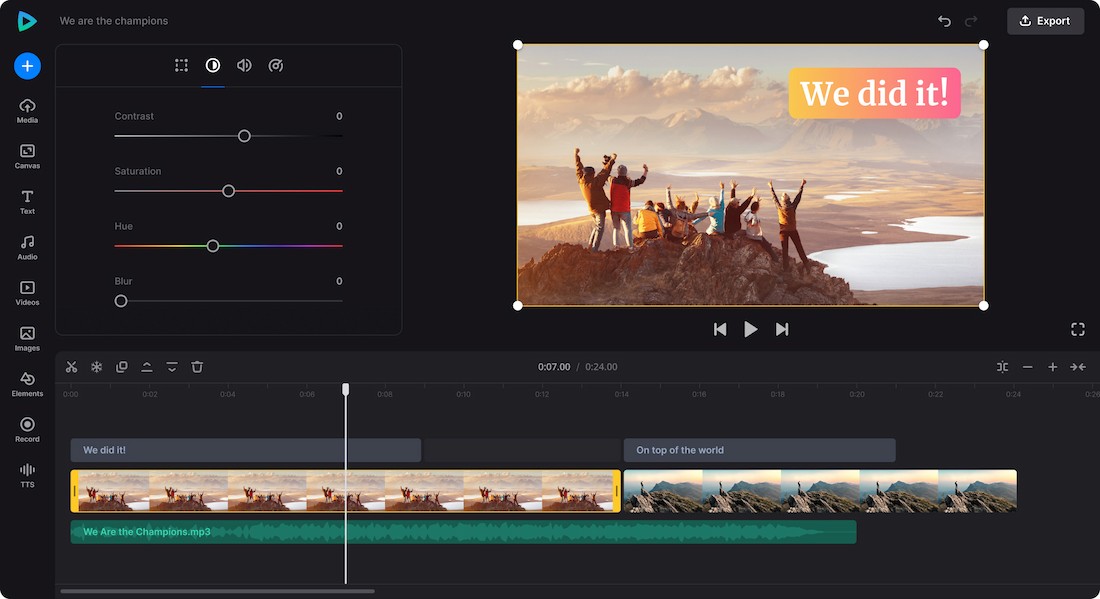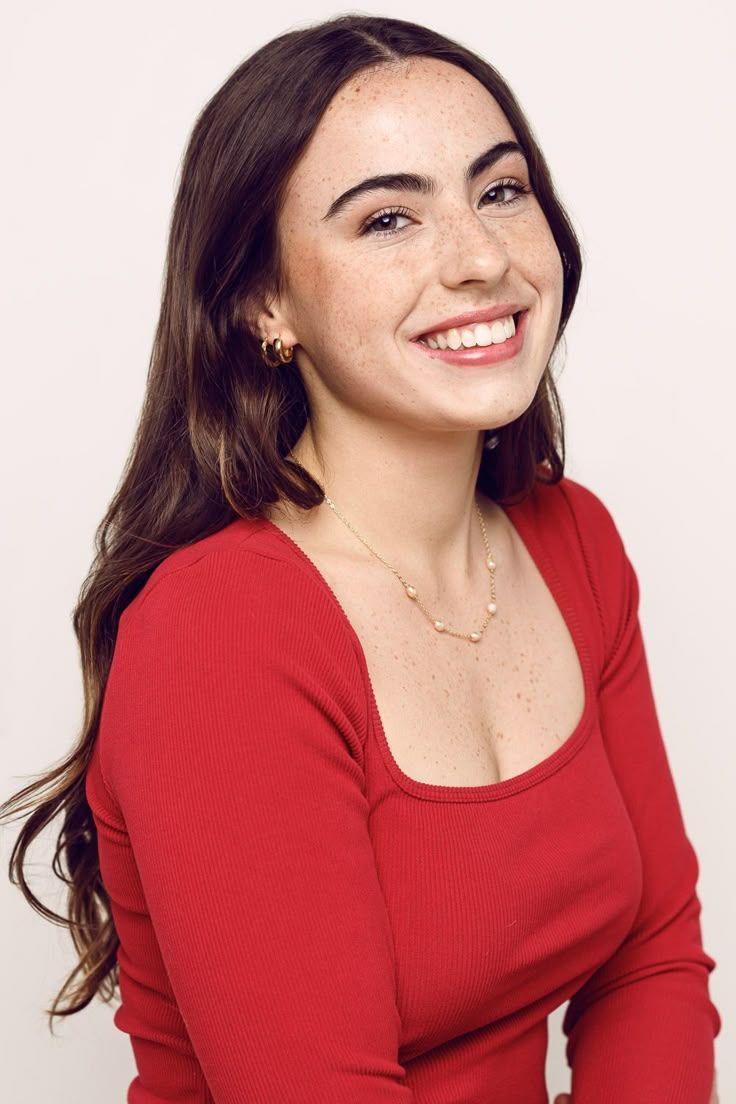Best AI Music Video Tools Compared for Output Quality
Introduction: Why Quality Defines the Next Wave of AI Music Videos
AI has made it possible for musicians and creators to turn songs into full-fledged videos within minutes. Yet not all AI music video generators deliver the same visual fidelity. Some tools prioritize speed, others cinematic realism. In this guide, we test and compare the most popular options—Neural Frames, Kaiber, Runway ML, PIKA, and Freebeat—to find out which produces the highest output quality in 2025.
According to [R1], video quality depends on frame stability, color accuracy, and how precisely visuals sync with a track’s beat. Using the same metrics, we’ve ranked today’s best tools so you can choose one that fits your creative goals.
.jpeg)
Criteria & Weighted Scoring
Quality is measurable. Following [R1] and [R2], we evaluate each tool across five weighted dimensions:
Each category was tested using one-minute clips with similar lighting and rhythm structures. The weighted average produces the final quality ranking.
Side-by-Side Comparison Table

Deep Dives — Tool Strengths & Trade-offs
Neural Frames
Neural Frames specializes in audio-reactive visualizers that pulse precisely to the beat. [R2] highlights its strong synchronization and steady frame performance. However, it’s confined to template-based loops and maxes out at 1080 p, limiting cinematic scope.
Best for: lyric videos and looping visuals where consistency outweighs creativity.
Trade-off: rigid templates and modest style variety.
Kaiber
Kaiber focuses on style transformation. Drop an image or clip, choose a visual style, and the system generates painterly or surreal sequences in minutes. Its color grading and texture blending produce artistic depth, though fine detail sometimes softens under heavy stylization.
Best for: creators seeking dreamlike, animated aesthetics for music teasers.
Trade-off: occasional compression noise or inconsistent faces at higher motion speeds.
Runway ML
Runway Gen-3 offers the highest cinematic realism among tested tools. It handles complex lighting, depth of field, and multi-layer editing for professional storytelling ([R1]). The result rivals short-film production—but render times can stretch several minutes per 10-second scene.
Best for: production teams or visual artists needing film-level control.
Trade-off: cost and GPU load increase sharply at 4 K export.
PIKA / Others
PIKA 1.5 and similar open-beta generators provide instant iteration speed. They’re great playgrounds for quick social-media loops or meme-based visuals. [R2] notes that while creativity is high, frame stability and sync accuracy vary.
Best for: rapid idea prototyping or creators experimenting with AI motion.
Trade-off: reduced resolution and flicker under complex motion.
Freebeat
Freebeat combines studio-grade fidelity with unmatched ease of use. Its proprietary beat-analysis engine detects rhythm and mood in under a second, then aligns motion transitions to the tempo with less than 100 ms lag. The platform supports HD to 4 K output, integrates models like Pika 2.2 and Runway Gen-3, and completes a 60-second render in about a minute.
Strengths
- Visual fidelity: minimal artifacting even on motion-heavy EDM or hip-hop tracks.
- Speed: cloud pipeline optimized for real-time generation.
- Customization: text-prompt styling (“neon city lights,” “dreamy forest”) and instant model switching.
- Ease of use: one-click workflow for non-editors.
Trade-offs
- Less suited for 3-D object compositing or complex multi-camera storytelling.
- Max duration: about 5 minutes per clip.
Why it stands out:
Unlike template-locked tools, Freebeat merges automation with creative freedom—letting musicians, DJs, and brands generate polished visuals that feel hand-edited. Try it directly at freebeat.ai/music-video-generator.
Decision Paths — Which Tool Fits Your Case
Selecting the right AI music video generator depends on your workflow goals. The decision chart below distills use-case recommendations based on [R2].
When to Use Freebeat for AI Music Video Creation
Freebeat is ideal when you want high-fidelity, beat-synced visuals without manual editing. It suits independent musicians, DJs, influencers, and marketing teams who need studio-level content fast.
Who it’s for:
- Artists releasing singles on YouTube or Spotify
- Creators building vertical clips for TikTok / Reels
- DJs producing live backdrop loops
- Brands turning jingles into shareable visuals
Why choose Freebeat:
- Auto-analyzes tempo, mood, and intensity in seconds
- Generates cinematic visuals that match every beat
- Offers prompt-based customization across styles
- Delivers export-ready HD or 4 K video instantly
Inputs & Outputs: upload a track (or link from Spotify / YouTube) → choose a vibe prompt → export MP4 in 9:16 or 16:9.
Constraints: clip length ≤ 5 min; copyrighted songs require rights clearance.
Quick-Start Checklist:
- Upload your track.
- Enter a style prompt like “dreamy neon stage.”
- Preview AI-synced scenes.
- Switch models if needed for lighting or animation style.
- Export and share instantly.
👉 Start creating at freebeat.ai.
FAQ — AI Music Video Quality & Freebeat Usage
1. What defines output quality in AI music video tools?
Key factors are resolution, frame stability, and beat synchronization. The target is under 100 ms audio-visual delay ([R1]).
2. Which AI generator gives the sharpest visuals?
Runway ML and Freebeat lead current benchmarks in color accuracy and motion smoothness ([R2]).
3. How does Freebeat sync visuals to music?
Its rhythm detection algorithm maps tempo peaks to motion transitions, ensuring visuals hit every beat without manual editing.
4. Can I use copyrighted music?
Yes—if you hold or license rights. Freebeat grants you ownership of the visuals you generate, not of the song itself.
5. Does render speed affect quality?
Sometimes. Faster exports can reduce bitrate, but Freebeat maintains 20 Mbps for HD output.
6. What is the maximum clip length?
Around 5 minutes per render; longer projects can be combined externally.
7. How can I improve visual clarity?
Use concise style prompts (e.g., “cinematic lighting,” “dreamy forest”) and avoid conflicting descriptors ([R3]).
8. Are AI-generated videos monetizable on YouTube / TikTok?
Yes, provided you disclose AI assistance if required and own all rights to the music ([R3]).
9. Does Freebeat support lyric videos?
Yes. It detects phrasing and auto-times text overlays. You can adjust font and color in the editor.
10. Will AI replace human editors?
Not fully. AI accelerates draft creation, but narrative design and emotional pacing still benefit from human direction ([R1]).
11. Which tools integrate multiple AI models?
Freebeat uniquely combines engines like Pika 2.2, Kling 2.0, and Runway Gen-3, letting users toggle between styles on one platform.
12. Can Freebeat create looping visuals for live shows?
Yes. Output settings allow seamless loops ideal for DJ or VJ screens.
References
- [R1] Best AI Music Video Generators in 2025: Fully Tested — Cybernews → https://cybernews.com/ai-tools/ai-music-video-generator/
- [R2] I Tested The 4 Best AI Music Video Generators in 2025 — AI MusicPreneur → https://www.aimusicpreneur.com/ai-tools-news/the-best-ai-music-video-generators-ai-generated-music-videos/
- [R3] How to Make AI Videos: Ultimate Guide 2025 — Cybernews → https://cybernews.com/ai-tools/how-to-make-ai-videos/



